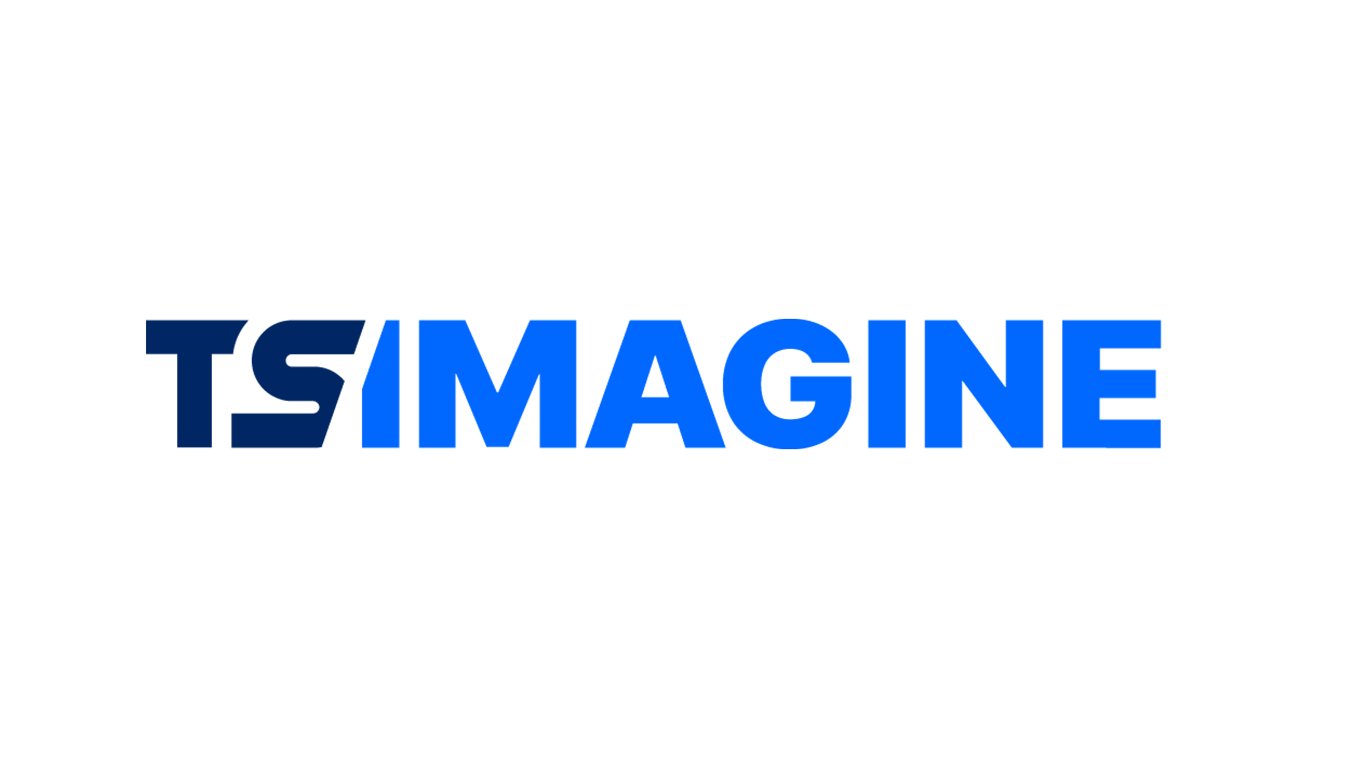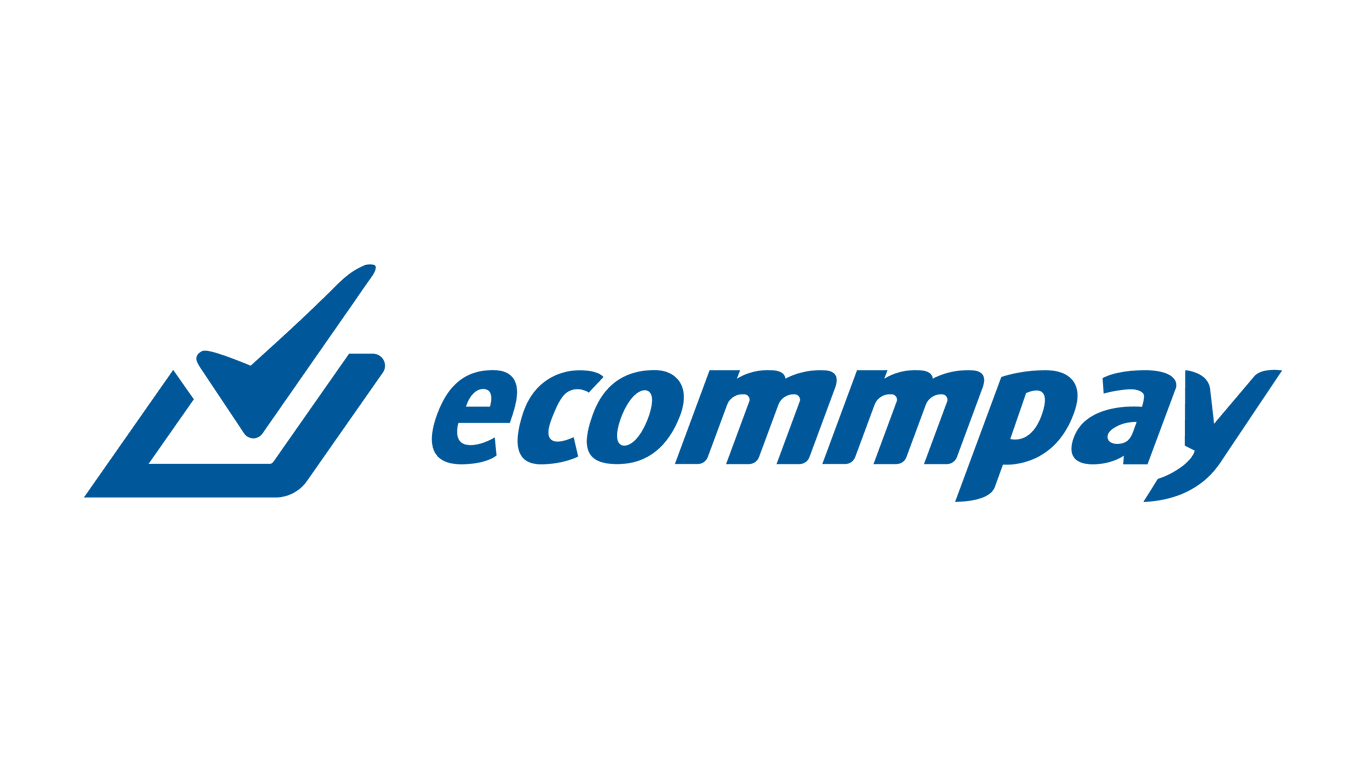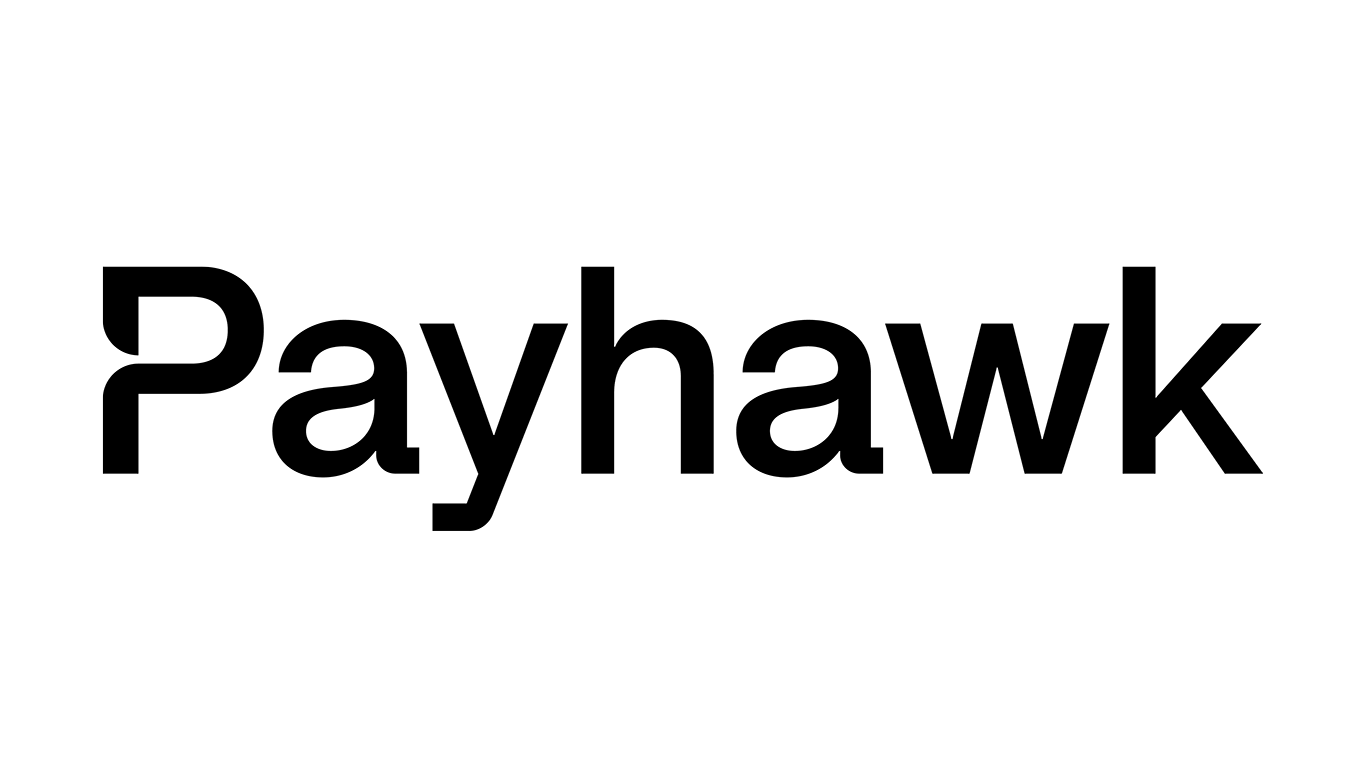Published
- 07:00 am

Recharge, a leader in the prepaid payments industry, is excited to announce its entry into the B2B market with the pilot of a new service.
With Recharge's pilot B2B service, businesses can easily procure a selected range of prepaid products such as gift and prepaid cards, in large quantities. This streamlined solution supports businesses looking to reward and incentivize employees with prepaid options.
The new pilot B2B service provides long-term cost savings and helps to reduce packaging waste, as businesses can purchase in large quantities of purely digital products. Recharge's digital prepaid product catalogue contains over 15,300 products from over 800 leading brands globally. As part of this pilot businesses can select from a selection of these products and achieve significant cost efficiencies while minimising their environmental footprint.
Günther Vogelpoel, CEO of Recharge, expressed enthusiasm for the company's expansion, stating, "This pilot B2B service is a testament to our commitment to meeting the evolving needs of businesses. The global corporate gifting industry grew to $242 billion in 2021, enabling employers to better support their employees. We are excited to take our first steps in this space to offer a convenient and cost-effective solution for corporate gifting, empowering businesses to enhance employee engagement and satisfaction. We see this as an opportunity to learn and grow our capabilities in this space in future."
Recharge's entry into the B2B market builds on its expertise and reputation in the prepaid payments industry, providing businesses with a trusted platform for their prepaid product needs.
Related News
- 03:00 am

Big tech was back in fashion for investors in Q2, according to the latest analysis from smart money app Plum.
The company’s Tech Giants fund, which tracks the largest global technology companies such as Apple and Microsoft, took close to half (47%) of the overall share of funds investment in June 2023. That’s a notable increase from 37% at the end of Q1, and is by far the highest allocation to this fund in more than a year.
While a larger investment allocation to Tech Giants was seen across all age groups, it seems that older investors aged 55+ in particular had their faith in tech restored in Q2. In June, 46% of their allocation went to Tech Giants, compared with just 28% in March.
As tech grew in share, some other options lost out. One of Plum’s most popular defensive funds, The Medic (focused on health and pharmaceutical companies), saw its share of inflows reduce in June, from 9.4% to 8%. Meanwhile, the Balanced Bundle, made up of 60% stocks and 40% bonds, saw its inflows fall from 10% to 8%, as investors looked to take on more risk.
Preference for exposure to Big Tech has also come at the expense of the broader US market fund, with Plum’s American Dream fund dropping its share to 11% in Q2 from nearly 14% at the end of Q1. American Dream remains popular with 18-24 year olds when compared with other age groups, receiving 14% of allocation from the youngest cohort. However, even this is a substantial reduction from 19% in the previous quarter.
Plum’s CEO and founder, Victor Trokoudes, comments: “Despite a turbulent 12 months in the stock market, the behaviour of our investors in the last quarter suggests renewed confidence and appetite for risk, especially for big tech. Tech stocks are surging in popularity, perhaps in part due to the huge growth in demand for AI and clear potential for these companies to make the most of it. These companies have driven most of the return from the S&P 500 in recent months.”
“Meanwhile, the tech behemoths have been publicly demonstrating their high AI ambitions, from Apple’s VisionPro headset to Meta’s integration of AI into their metaverse. This has led to a new wave of optimism in the industry and, when paired with strong balance sheets and robust revenues despite a challenging economic environment, tech is far more attractive now compared to the tail end of 2022 for many investors.”
“It feels like tech is back, and this time round, no-one wants to miss out, even the more cautious older investors. Consumer confidence has been rising and it appears the US is coming close to the end of its rate tightening cycle, leading to more investors becoming more risk-on.”
Related News
- 08:00 am

TS Imagine, the leading global, cross-asset provider of trading, portfolio, and risk management solutions for financial institutions, has added CLSA’s AI-powered European algo suite to its list of certified brokers.
TradeSmart features pre-certified connections to over 250 listed brokers and venues, in addition to broker algos. This robust network provides significant value for buy-side clients, enabling them to access a broad spectrum of trading opportunities and liquidity sources. The selection of CLSA’s AI-powered European algo suite demonstrates TS Imagine's commitment to offering the latest and most sophisticated trading tools to its broad network of clients.
The integration means that investment managers who are connected to TradeSmart will be able to access CLSA’s AI-powered European algo suite. This will allow investment managers to take advantage of CLSA’s proprietary AI technology which empowers the algos to learn as they trade.
CLSA’s AI-powered European algo suite uses neural networks and dynamic execution planning, including prediction, detection and stock clustering of order book behaviour. The algos adjust to individual strategy components and modify underlying strategy behaviour in response to changing market conditions throughout the trading session.
Chris Hollands, TS Imagine’s Head of Sales for EMEA and North America, commented on the news: “CLSA is a pioneer in the use of AI and provides best-in-class algo trading solutions throughout Asia. These models have now been fully customized and tested for EMEA markets, and we are thrilled to make them available to the buy-side through TradeSmart."
Commentating on the EMEA implementation, Stephen Ashton, Head of European Equity Trading at CLSA said: “Over the last few years, we have seen an increase in fragmentation, complexity and volatility within the EMEA trading landscape, which continues to cause market distortion and subsequently has had an impact on algo performance. Leveraging standard curves and simplified trading models is no longer adequate to react to this changeable, challenging and dynamic environment. Our Adaptive AI underpins our algorithmic offering, which monitors, evaluates, reacts and proactively capitalizes on the enormous variety of market signals broadcast in real time.”
Chris Fink, Senior Sales Director at CLSA also added: “The Adaptive AI within our algo suite can significantly improve client execution and offers a customizable platform to manage all trading scenarios. Our AI can correctly predict price direction information for 40% of a stocks trading day with a 90% accuracy rate. Combined with competitive pricing, high-touch service levels and bespoke customization, the CLSA’s AI-powered European algo suite is a powerful toolset for both buy side and sell side traders.”
Related News
- 06:00 am

Paymentology, the leading global issuer-processor, today announces an expanded partnership with Mastercard to bolster financial inclusion across Guatemala, Honduras, and El Salvador.
According to a recent Mastercard and Americas Market Intelligence (AMI) study, while most Latin Americans gained access to basic financial products between 2020 and 2023, 21% still rely exclusively on cash and are still excluded. Furthermore, in Guatemala, Honduras, and El Salvador, only one in four banked adults possess a debit or credit card, further emphasizing the obstacles in accessing the financial system within the region.
Mastercard, a founding member of the Partnership for Central America (PCA), has committed to bringing 5 million people and 1 million micro, small and medium enterprises (SMEs) into the digital economy, including 300,000 businesses run by women, over five years. The partnership reflects Mastercard's commitment to building an inclusive digital economy where everyone, everywhere, can benefit from the technological revolution and reach their fullest potential.
As a member of the Mastercard Engage partner network since 2021, Paymentology has worked with Mastercard to build new and relevant financial inclusion solutions for its customers, and Paymentology has supported Mastercard customers in quickly deploying these product innovations at scale. Now, through an expanded partnership, Paymentology will continue innovating to help accelerate financial inclusion through its advanced issuer processing platform, offering an efficient go-to-market plan for issuers in the region and providing fast and seamless access to card issuance.
"Our partnership with Paymentology will help build a more robust and inclusive financial ecosystem in Northern Central America by providing the technology, expert support, and efficient processes new financial institutions and fintechs require to launch and grow," commented Thiago Dias, Senior Vice President Fintechs, Enablers, and Crypto at Mastercard Latin America and the Caribbean. "Our goal is to ensure more Central Americans gain access to innovative, safe, and convenient financial solutions that connect them to the digital economy and improve their lives," added Dias.
Paymentology and Mastercard will work closely with partner financial institutions, fintech companies and telcos to encourage and enable them to offer accessible financial tools and solutions to unbanked and underbanked individuals and SME owners. These solutions encompass digital and physical debit or prepaid Mastercard card programs and micro business cards tailored to their specific needs.
Furthermore, consumers and business owners will access robust security features and the ability to make and receive digital payments for various purposes, including social benefits, remittances (including person-to-person transfers), point-of-sale purchases, small business financing, and more.
"We are deeply committed to advancing financial inclusion across the globe, and we are thrilled to extend our collaboration with Mastercard on this important initiative, said Alejandro Del Rio, Regional Director for Latam at Paymentology. “We aim to establish a sustainable and economically viable experience for our clients and partners. Together, we are determined to serve the northern Central America region and tackle the substantial gaps in the financial inclusion agenda by implementing efficient go-to-market strategies. By leveraging our expertise and technology, we aim to empower individuals and businesses, driving positive change and economic growth in the region."
Related News
- 02:00 am

Ecommpay, a leading international payment service provider and UK and European direct bank card acquirer, now offers local acquiring in the US, enabling UK and EU merchants the ability to expand into North America. Additionally, Ecommpay will offer protection from fraud-related chargebacks to ensure merchants do not lose valuable time and money when those chargebacks occur.
Cross-border payments are set to reach $250 trillion globally by 2027, with the US being a key market player. However, 3-D Secure (3DS) payments, which provide extra fraud protection for merchants, consumers and card issuers, remain optional in the US. In contrast, UK and European regulations have made 3DS mandatory to protect all parties.
Based on Ecommpay data, It is estimated that the lack of 3DS validation results in fraud-related chargebacks, which in turn result in a loss of up to 30% of sales in the US, increasing the rate of chargebacks affecting merchants.
Ecommpay data also indicates that merchants lose 1.7% of their business turnover due to chargebacks from the US market. With Ecommpay’s protection, this is reduced to 0.5%.
To protect its merchants and encourage better industry practice, Ecommpay now offers local acquiring for the US market with its fraud prevention and risk management solution, adding its own protection from all fraud-related chargebacks. This will secure merchants from the risks of low sales, chargeback arbitration fees (up to $500 per case), increased operational expenses, and potential time lost. Through this insurance offering, Ecommpay will cover all merchant expenses with only a small additional fee attached to each transaction.
For example, a merchant generating sales of over $9,000,000 in the first six months of 2023 would have a chargeback rate of around 4.3% or $387,574. However, with Ecommpay’s chargeback protection, the merchant would be able to save approximately $342,574, or 3.8%, on their overall turnover.
Olga Karablina, Head of Payment Product Development at Ecommpay comments: “Providing the best, most secure options for our merchants is key when expanding our local acquiring reach. This move is part of our broader strategy to protect our merchants profits and put in place new measures that encourage long-term growth.
This is not without its challenges. Mitigating the conversion issues when it comes to cross-border payments for our merchants has been tricky, but with our insurance for fraud-related chargebacks and our local acquiring abilities, we continue to set the benchmark within the payment’s industry.
By understanding local markets and the interests of our merchants and customers, we remain on track to expanding Ecommpay’s presence to more and more international markets. Today’s announcement is a reflection of this commitment, helping UK and European merchants expand as we have already demonstrated in LATAM, Asia, South Africa and the Middle East.”
Related News
- 02:00 am

As financial services providers and consumers face continued pressures from economic and market instability, FIS®, a global leader in financial services technology, has fielded new research to explore how executives and consumers are responding to the environment, and how they’re making their financial or investing decisions.
FIS’ Financial Services Expectations vs Reality research asked consumers in the UK and US about how they are making personal financial decisions, and their expectations of financial service providers, including their banks. It also asked financial services company executives reciprocal questions about how, in reality, they are investing and innovating.
The research found that financial services company executives in the UK are showing more resilience to market turbulence than their US counterparts. These findings come as the UK has experienced sharper rates of inflation that are still significantly higher than those in the US. Whereas the US saw its peak at 9.1% in June 2022, the UK saw its peak at 11.1% four months later in September 2022. Meanwhile, the UK is still experiencing a higher rate of inflation at 7.9% as of June 2023, compared to the recent drop to 3% in the US.
How executives and consumers in the UK are reacting to economic headwinds compared to those in the US:
· 78% of financial services company executives in the UK say high interest rates are impacting their company’s ability to innovate or invest according to the FIS study.
· In contrast, nearly all US-based executives in financial services surveyed (91%) said they were experiencing an impact from high-interest rates.
· Consumers in both the UK and the US showed a similar level of concern over high-interest rates, with 76% and 77% respectively saying they have or will have an impact on their financial decisions.
Businesses in the UK are increasing investment at higher rates than in the US according to the research, but both are taking a broad-brush approach. On the other hand, consumers are clear on what they want to see from their financial services providers.
UK-based financial services executives are investing in AI at a faster pace than those in the US:
- 58% of UK financial services company executives are increasing investment in generative AI, compared to 45% of US executives. Similarly 56% of UK executives say they will invest in AI and machine learning technologies for process automation, compared to 51% in the US.
- Large financial services companies (£10B+) in the UK are driving the bulk of investment across the sector; with 75% of executives from these firms focusing innovation efforts on the ease and speed of opening accounts, ahead of other priorities.
- Consumers, however, say their top two most sought-after features are an all-in-one platform for managing their financial services from all providers (44%) and the ability to quickly set up or apply for more complex financial services transactions, like loans and investments (24%).
“Across all negative market conditions respondents were presented with, UK financial services executives said they were less severely impacted than their counterparts in the US. This could be in part because the UK financial services sector is nimbler and more resilient to shocks, particularly given the current government’s efforts to stabilize conditions,” said Himal Makwana, Head of Platforms, Strategy, Operations & Venture at FIS. “With consumers showing significant concern about the state of the economy, especially higher inflation and interest rates, businesses are exploring how they can build trust with existing and potential new clients. Many of the executives we surveyed plan to do so with future-looking technology, such as embeddable financial services using APIs, blockchain and generative AI, to deliver advanced customer experiences.”
“We are seeing a divide in how financial services companies are investing in new technology and what types of solutions consumers want most from their providers, according to this study,” added Makwana. “At the root of this gap between executive investment and innovation and consumer expectations seems to be the need for businesses to innovate through economic uncertainty. For example, many UK businesses are investing in automation and self-service, which can reduce costs while enhancing the customer experience. On the other side of the coin, consumers worrying about their finances are seeking personalized experiences and targeted services to make it easier to manage their money.”
Related News
- 08:00 am

AI is the most effective method for improving anti-money laundering (AML) processes and efficiencies according to AML professionals, research from Feedzai, a leading provider of financial crime and risk management solutions.
Feedzai’s The State of Global Anti Money Laundering Compliance Report 2023 surveyed compliance professionals to discover what the biggest threats and opportunities are in the AML ecosystem. It found that 46% of AML professionals are concerned about increasingly sophisticated money laundering techniques, including generative AI. The threat from generative AI and linked technology is now the top challenge for AML professionals, overtaking regulation, cryptocurrency and blockchain, the top threats cited in 2022.
Despite no longer occupying the top spot, crypto still remains front of mind for AML professionals. Over half (53%) of those surveyed said that the money laundering activities within their scope are predominantly linked to cryptocurrency transactions. Cryptocurrencies' anonymous and decentralized nature is being exploited to conceal the origins of illicit funds, exacerbating the challenges in detection and monitoring.
As criminals utilize increasingly sophisticated technology, so too do those seeking to protect consumers. A third (33%) of AML professionals say that AI and machine learning are the most effective method for preventing money laundering. Of those already adopting AI, 60% said that the technology has already been effective in driving efficiencies in their organization’s AML processes.
Looking ahead, over half (51%) of respondents believe that increased use of AI and machine learning is the future of AML and KYC (Know Your Customer) programmes. With the potential to instantly analyze huge data sets, AI is already helping investigators identify bad actors and diffuse threats. As a result of AI integration, we’ll see improved KYC processes, reduced false positives and also a reduced cost burden on compliance professionals.
Nick Parfitt, Principal AML SME at Feedzai said, “Fraudsters are capitalizing on fast-developing technologies to trick existing AML programmes, in many cases using generative AI to their advantage. Our latest report reiterates the demand from AML professionals for their organizations to adopt AI in combination with human insight as a defensive weapon to improve their compliance process and efficiencies.
“Banks and financial institutions are sitting on a wealth of data that they can use to better protect their customers and business. By taking a RiskOps approach, they can put this data to good use by creating a 360-degree view of customer risk that addresses the entire lifecycle of financial crime and compliance, – helping to stop criminals in their tracks before they can do any damage .”
Related News
- 05:00 am

Upcoming European rules on environmental, social and governance (ESG) reporting are expected to impact 50,000 companies. A new report by Payhawk shows the urgent need for finance teams to take action and understand the role they have to play.
The ESG reporting: Priorities for Finance Teams ebook by Payhawk, the company that gives control over spending with a single solution, outlines the critical role that finance professionals have in integrating ESG considerations into financial decision-making, risk management reporting, stakeholder engagement and best practice within their companies.
The release of the ebook comes as the Corporate Sustainability Reporting Directive (CSRD) takes effect, which updates existing rules and requires companies operating in the European Economic Area to publish data in 2025 from the 2024 financial year. The rules will initially target firms with over 500 employees, and ultimately could affect 50,000 companies. The aim of the rules is to bring standardisation and transparency on how companies report their ESG metrics, much in the same way they report their financial results for the benefit of investors and other stakeholders.
“Traditionally finance teams have been focused on maximising profits and accurate reporting of their financials. These upcoming regulations represent a step change for the industry, and finance professionals will have to adapt to reporting on every activity and investment associated with ESG. That’s why we have created this ebook – to guide them on that journey,” said Hristo Borisov, CEO and Co-Founder of Payhawk.
The ebook outlines the importance and relevance of the upcoming ESG rules and how finance teams will have increased responsibilities in terms of risk management, delivering cost savings, improving access to capital, ensuring regulatory compliance, and managing stakeholder expectations.
“The ebook highlights the need for finance teams to have a plan and a timescale to meet these new requirements,” said Borisov. “Finance teams will need to evolve their function to achieve a high level of ESG reporting. Without the right tools in place, this task will be almost impossible,” Borisov added.
Corporate spending is critical to ESG reporting and many companies are relying on outdated systems that can’t answer key questions about the sustainability of suppliers or certain purchasing decisions, for example. ESG is an evolving field and the best action finance professionals can take is to make measuring and reporting as easy as possible with intelligent technology.
Related News
- 08:00 am

Wealth management firm James Sharp has implemented the MorganAsh Resilience System, to assess, measure and report on their customers’ vulnerability, in line with the Consumer Duty requirements.
James Sharp has been advising clients on investments for over 160 years and is one of Manchester’s oldest financial services firms. The firm wanted to enhance its existing customer-relationship approach to better evidence the heightened requirements that Consumer Duty brings. To achieve this, it decided to upgrade the way it assesses and records vulnerability – so that it would be done in a way that delivered the richest possible data, as well as assuring compliance.
Following discussions with regulatory consultants, James Sharp contacted MorganAsh, to explore the use of MARS. The firm adopted the platform and was ready, on time, for Consumer Duty.
MARS aims to take the complexity away from assessing consumer vulnerability, using input from consumers themselves to generate an objective measure of vulnerability which can be tracked over time.
Sheriden Davy, chief risk officer at James Sharp, said: “Prior to implementation of Consumer Duty’s enhanced expectations, we believed assessing vulnerability was pretty easy – since this is part of what we do every day. However, we wanted to get a better understanding of our clients – and realised that we needed external, expert help, as assessing vulnerability isn’t really our expert domain. Our assessment could perhaps be likened to a nurse asking if someone is rich or poor.
“Not only is a binary question worse than unhelpful, to do it properly you need a good degree of understanding, plus a methodology to provide consistency and a way to manage the data – so you can report on it as needed. It became clear that to do this properly would take a lot of training and administration. The MARS tool negates the need for extensive training and handles most of the administration automatically, making this a far more cost-effective approach to consumer vulnerability.”
Andrew Gething, managing director at MorganAsh, added: “Everyone evaluates vulnerability differently, which leads to wildly inconsistent assessments. One way to overcome this might be to create a manual of every vulnerability, along with all the possible levels of severity – and then train all your advisers. You then need to build IT systems to store and report on the data – at a not inconsiderable cost.
“In contrast, MARS cuts assessment and administration right down, removing much of the need for training, plus doing away with the need to create and maintain cumbersome manuals – and it’s prebuilt, ready to go. We estimate that the benefit-to-cost ratio of using MARS, versus a manual approach, is around six-to-one.
“There’s no question that advisers know their customers – but, after using MARS for just a few months, most advisers tell us they’ve uncovered consumer vulnerability they were previously unaware of. As a result of this, they were able to quickly adapt and be sure that vulnerable customers were receiving as good outcomes as those who were not vulnerable.
“Typically, this change is highly appreciated by the consumer – and has got to be good for both adviser and consumer over the long term. Enhancing relationships with customers is probably one of the most valuable outcomes of using MARS, and just as beneficial as meeting the regulatory requirements of Consumer Duty.”
Recently, MorganAsh released upgrades to MARS, including the ability to trigger appropriate treatments (next steps) when customer vulnerabilities are detected. Automating this further relieves advisers from having to train and understand the multitude of vulnerabilities and treatments. Effectively, firms’ vulnerability policies are automatically presented for each client as and when required.
Related News

Clare Haskins
Head of Revenue Operations at Ecommpay
With the global transaction value of digital payments expected to hit see more









